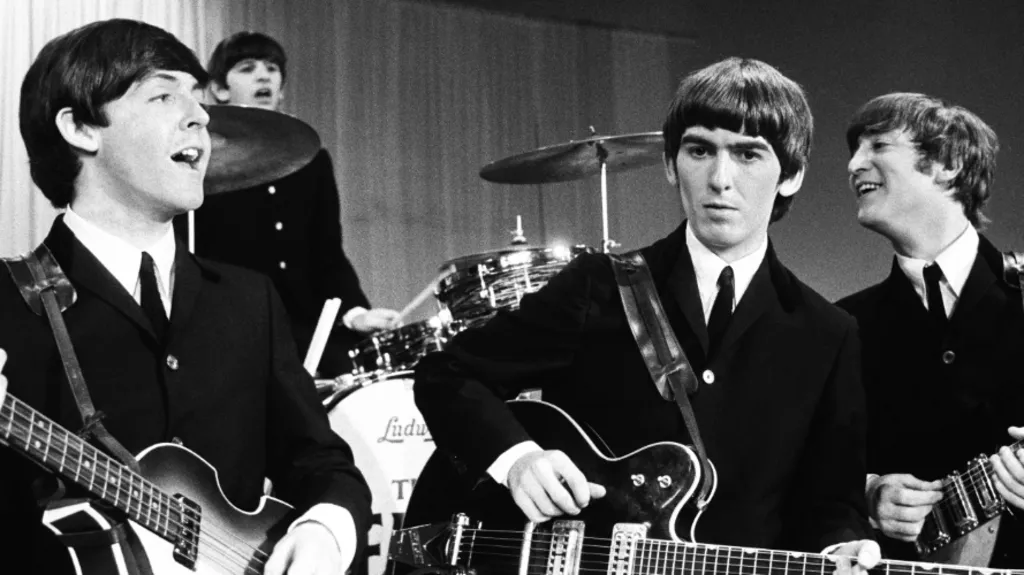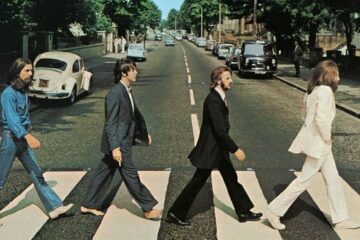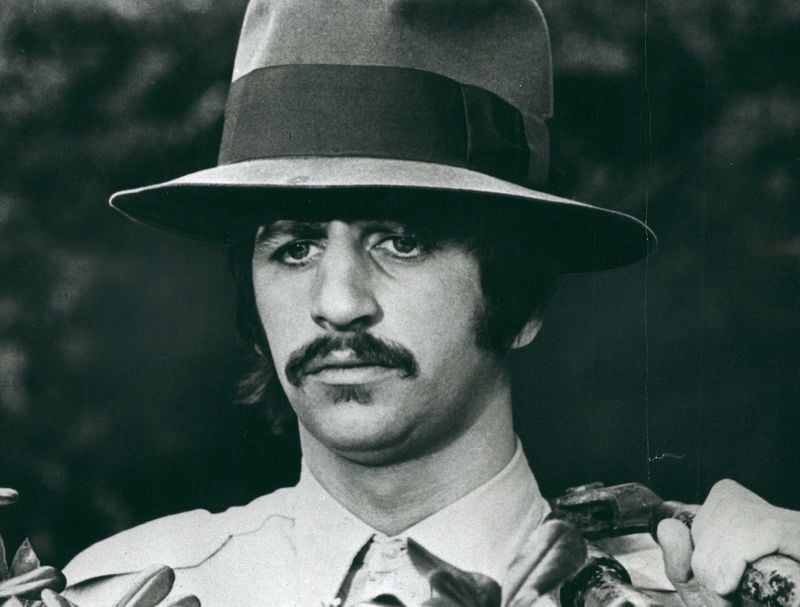…
The Beatles’ arrival in the United States on February 7, 1964, just 70 days after President John F. Kennedy’s assassination, has led to discussions about whether their success was influenced by the nation’s mourning. Paul McCartney suggested that America, still reeling from the tragedy, “needed something like The Beatles to be lifted out of sorrow.” This perspective is explored in the documentary “Beatles ’64,” which examines the band’s first U.S. tour and their rapid ascent to global fame.
Dr. Patrick Andelic, an assistant professor of American History at Northumbria University, notes that Kennedy’s assassination profoundly impacted the country, partly due to his strong connection with American youth and his adept use of television—a medium that also played a crucial role in The Beatles’ popularity. Both Kennedy and The Beatles were seen as young, energetic, and charismatic figures who resonated with the public through TV. The president’s death was a national trauma, and The Beatles’ subsequent arrival provided a much-needed distraction and source of joy.
By the time they landed at John F. Kennedy International Airport, The Beatles had already achieved significant success in the UK, with two number-one albums in 1963. Their U.S. visit, marked by enthusiastic receptions and high-profile television appearances, notably on “The Ed Sullivan Show,” captivated American audiences. The convergence of their arrival with a period of national grief may have amplified their impact, offering a sense of relief and excitement to a country in mourning.
While it’s speculative to assert that Kennedy’s assassination directly facilitated The Beatles’ success in America, the timing of their arrival undoubtedly played a role in their reception. The nation’s collective grief created an environment where the uplifting and energetic presence of The Beatles could thrive, suggesting that their emergence provided a cultural balm during a challenging period in American history.
…



